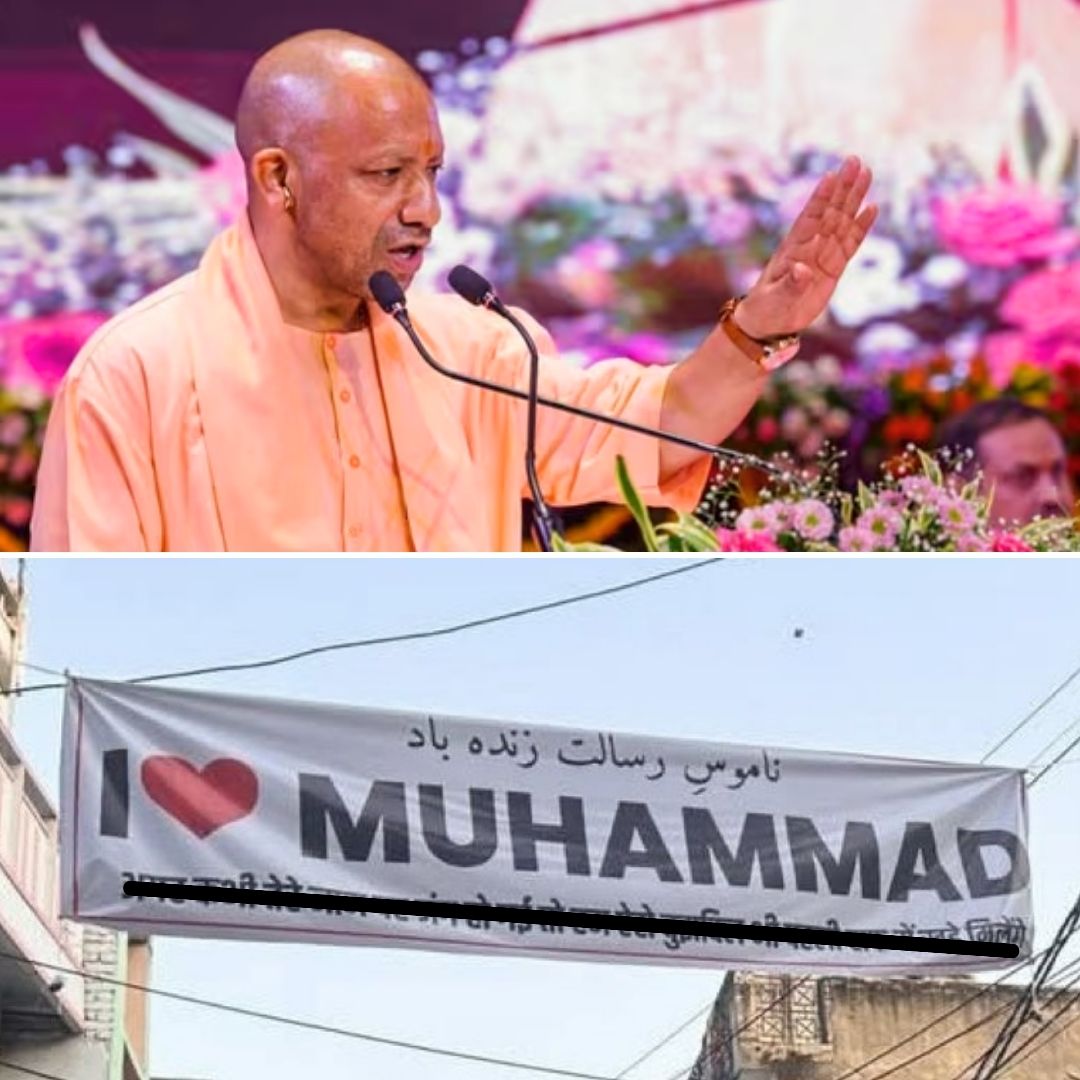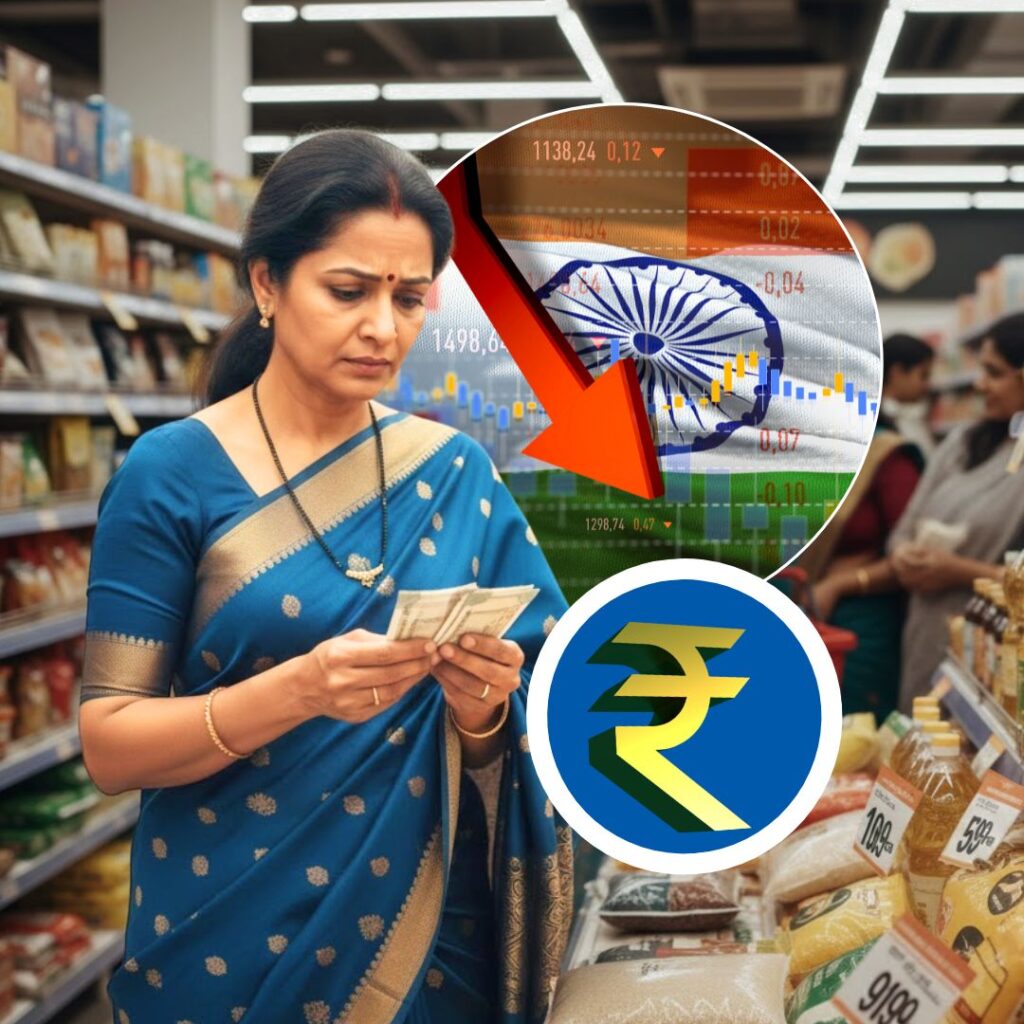Uttar Pradesh Chief Minister Yogi Adityanath issued a strong warning to protesters involved in the recent ‘I Love Mohammad’ demonstrations that led to violence in Bareilly. The unrest followed the cancellation of a planned protest by cleric Tauqeer Raza Khan, who was later arrested for allegedly inciting the violence.
Adityanath condemned the disruption of peace during religious events and stressed that those causing trouble would face strict consequences. Authorities are actively working to maintain law and order across affected regions.
Violence Erupts in Bareilly Over ‘I Love Mohammad’ Demonstrations
Tensions flared in Bareilly after a large group carrying ‘I Love Mohammad’ placards clashed with police outside a mosque following Friday prayers. The protest was organised in support of a campaign led by cleric Tauqeer Raza Khan, who had intended to hold a demonstration but was denied permission by authorities.
The cancellation triggered anger among supporters, culminating in violent incidents that obstructed public order. The police responded with force to disperse the crowd and prevent escalation. Khan was arrested a day later, accused of using inflammatory rhetoric to instigate the violence.
Yogi Adityanath’s Firm Stance Against Disruptions
During a public event, Chief Minister Yogi Adityanath criticised Khan and the protesters, suggesting that sometimes forceful action, “denting and painting” as he put it, is necessary to curb harmful behaviour. Adityanath stated, “If you vandalise, attack police or pedestrians in the name of faith, we won’t let you go.”
He emphasised that faith is a personal matter and protested against being used as justification to disturb peace. The CM highlighted that the state government would not allow any “roadblocks” or curfews, signalling a policy of zero tolerance towards disruptions hampering Uttar Pradesh’s development and stability.
On the arrest of cleric Tauqeer Raza, Adityanath said without naming anyone, “Yesterday, a Maulana forgot who is in power in the state.” “He thought he could halt the system whenever he wanted, but we made it clear that there would be neither a roadblock nor a curfew. However, the lesson we have taught will make future generations think twice before rioting,” he added.
Background: A Controversial Campaign and Rising Communal Tensions
The ‘I Love Mohammad’ movement originated from an incident in Kanpur where boards bearing the slogan were erected during the Eid Milad-un-Nabi procession. This act provoked objections from certain Hindu groups, who criticised it as a provocation and departure from tradition.
The controversy quickly spread beyond Kanpur, igniting protests, police interventions, and communal unease in several districts of Uttar Pradesh and neighbouring states such as Uttarakhand and Karnataka. The row gained national attention when leaders like AIMIM’s Asaduddin Owaisi defended the right to express love for the Prophet Mohammad, stating that it should not be criminalised.
Maintaining Peace: The Role of Law Enforcement and Administration
Following the Bareilly clashes, the police have intensified vigilance to prevent further violence across sensitive areas. Officials have been tasked with ensuring peaceful co-existence, monitoring social media for inflammatory content, and addressing grievances through dialogue where possible.
The state government’s hardline approach reflects its commitment to law and order, signalling that any attempts to provoke unrest will be met with firm consequences.
The Logical Indian’s Perspective
The recent events in Bareilly and the Chief Minister’s uncompromising warnings underscore the delicate balance between security and civil liberties.
While it is vital to uphold law and order, sustainable peace comes from fostering respectful dialogue and understanding among communities. The Logical Indian advocates for kindness, empathy, and coexistence as cornerstones for resolving such conflicts.












